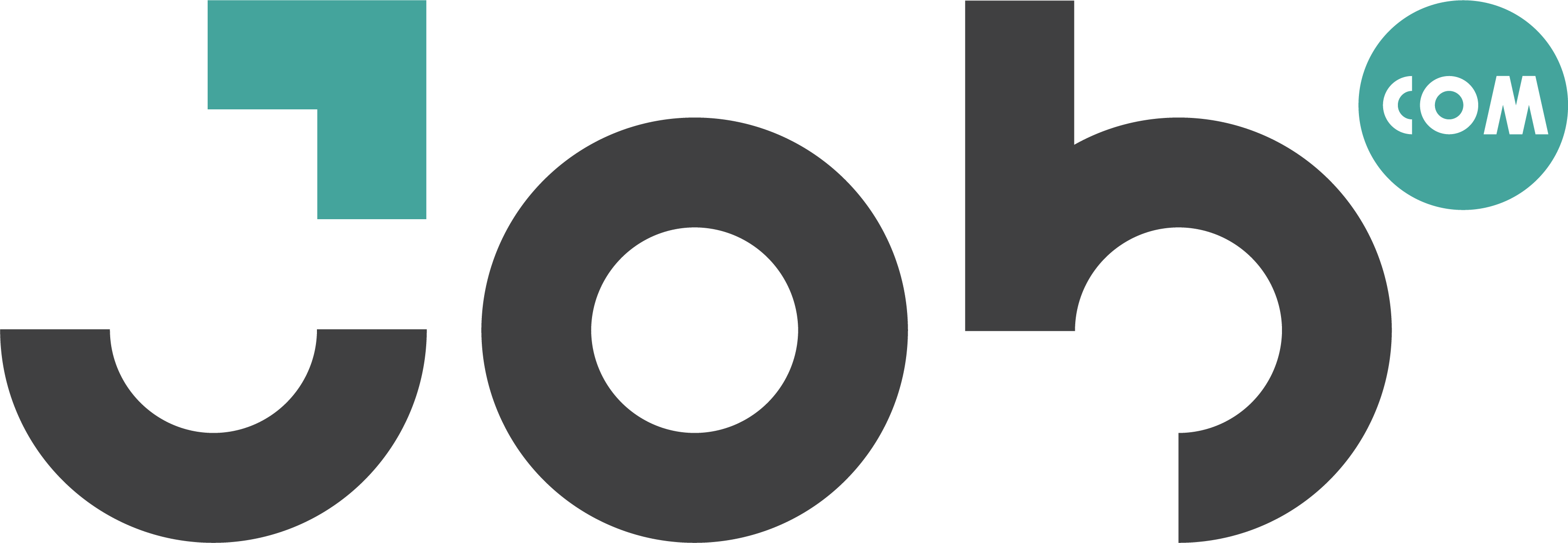If you’ve been following the news recently, you’ll notice the word recession appearing everywhere. The financial markets are currently experiencing all the telltale signs of a correction in the economy, and we’re certainly in a bear market. Due to these circumstances, we will naturally see a change in the job market, with more people becoming unemployed and less opportunity in the market overall. This will be the polar opposite to how the job market is now.
In June, we saw 11.4 million job openings, with major shortages in the warehouse and manufacturing labor markets. There were only roughly 6 million people (about twice the population of Arkansas) unemployed in June, which means there was and still is a major talent shortage. This is also the reason why companies are experiencing a real hiring challenge at the moment—we’re in what’s known in the recruitment industry as a “candidates’ market” (where prospective employees can really be in charge).
But will this remain? In theory, no, it won’t. But it’s important to know that all bets are off for predictions since the job market is currently exiting one of the most aggressive shifts due to Covid that we’ve ever seen (which will inevitably factor into creating a market we have also never seen before). Nonetheless, I do still have two major pieces of advice, one of which will certainly be relevant to you if you’re an employee or an employer.
If You’re Currently Hiring
Think twice about your position right now and your forecast for the next 12 months about what you anticipate for the conditions of your sector and the market. You would be actively hiring in the most competitive candidate market and taking on board expensive labor, which may not be needed in the not-too-distant future. If the financial markets, inflation and other macro-economic factors begin to truly cascade across the economy, we can assume that by Q4 we will officially be in a recession.
I can almost hear you saying, but I have an immediate hiring need and cannot fulfill customer needs—which I totally understand, but instead of hiring, look at your existing labor force and see where you can offer more financial benefit to them in exchange for higher productivity. A study done this year found that only 15% of workers worldwide felt motivated and those workers that were motivated were 20% more productive. I’m confident that if you were able to encourage and motivate your staff more, you would find a realignment of hiring needs. And as a company, not only would your hiring challenges be alleviated, but you could also avoid battling for talent in such a competitive hiring market and properly prepare for a recession without needing to lay off any workers in the near future.
The above strategy should really be the method anyways when it comes to a talent shortage—always look to cultivate from within: get to know workers, motivate them, gain productivity and create a culture of motivated and productive workers. This is a more practical option instead of paying for unknown entities to join a company in a highly competitive market.
If You’re Currently Looking for a Job
If you are either one of the roughly 6 million unemployed or are looking for a new role, like the 4.4 million people that resigned in April this year, there has never been a better time to be in the market looking for opportunity. But you must act quickly and now, as this is a rare moment where you’re completely in the driver’s seat since there are almost two jobs available for each worker. Since the choppy markets have not stopped (or slowed) hiring, now will be when you have the best chance of getting a job with the highest compensation. There are no guarantees that the shortages in the labor market will continue or even exist in the next 12 months, so the clock is definitely ticking.
Be bold and go for jobs that may even be slightly more senior than you would normally apply for—even consider roles where your transferable skills could be highly impactful. This is a market where you can afford to be undaunted, and hirers will actually reward you for it since they are in a bind with the talent shortage.
What Can We All Expect?
If I’m to be brutally honest, we are already in a recession, which is currently being hidden by certain markets and industries. The reality is if you look at the financial markets (which are always the warning shot to all other sectors) the economy is fully in a recession. This means that the job market will inherently eventually be impacted, and the hiring requirement (including the current talent shortage) will shift.
Unemployment will inevitably rise, though, the good news is that it will not be as much as we saw during Covid (and especially not like it was in March of 2020). It will be a more gradual rise over the next three to four quarters, and I predict that unemployment will peak at around 9 million. If I’m proven right about this; someone somewhere owes this Brit a pint!
What we can be certain of is a recession is coming, but albeit one that is much more palatable than what we experienced in 2008 or even compared to the sharp major correction we saw with Covid in 2020.
Author: Arran Stewart, CVO and Co-founder of Job.com
Original article found here.

